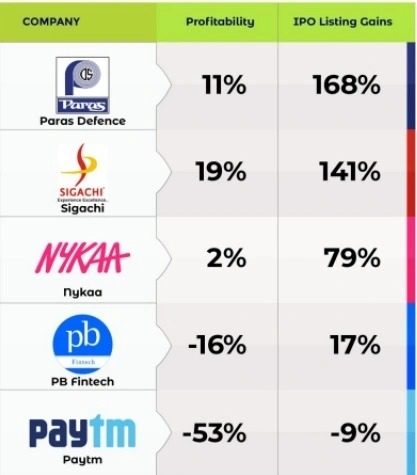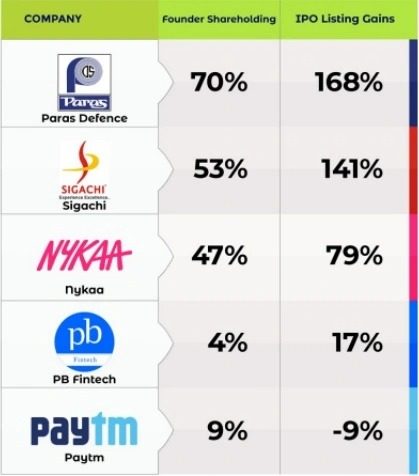26 Nov, 2021, Blog
Author: Delisted Stocks Team
26 Nov, 2021, Blog
Author: Delisted Stocks Team


If you got nervous about investing in unlisted shares after seeing investors booking losses in PB Fintech unlisted shares near to its IPO, then relax. We will tell you a few very simple tips on how you can avoid investing into overvalued shares of unlisted companies.
The Unlisted shares are the shares of the public companies which are not listed on any stock exchange; rather they are traded privately, primarily through brokers. The valuation of the unlisted shares depends on many factors. The supply and demand of the stock, the latest transactions on the same stock, last funding round of the company, and valuation level of companies of the similar size affect the pricing of the unlisted shares.
Let’s face it, investing in unlisted shares, that too near to IPO, do pose some unique risks to the investors. One of the major risk factors is the lack of clarity about the IPO price of the stock. If the unlisted shares trade at substantial premium to the future IPO price, then the unlisted shares investor may have to wait longer to realise profits. In case of PB Fintech, its unlisted shares were trading at ₹ 2,000-2,300, just a week before announcement of its IPO price band of ₹ 940-980 and its shares are now currently trading at ₹1,220. Clearly, investors have paid a premium of 67% if they have invested in its unlisted shares at the price of ₹2000.
The first thing the investors or conservative investors can do is to invest only in profitable companies to minimise their risk. Traditionally, technology companies like Paytm and PB Fintech have been loss-making companies and demand long-term patience from investors to show profitability.

Another crucial factor to analyse unlisted companies is the moat or competitive strength of the company. Will this competitive strength of the company improve post its IPO? The investors can analyse this through many factors. If the company’s business operates in some sort of monopoly environment, like Zomato, Paras Defence or anyone with sufficient capital can enter the industry easily. Does the company plan to issue fresh equity and invest the IPO money to develop a new product, enter a new market, purchase a new factory, warehouse, develop new technology etc.
Investors should pay attention to the fact that investor should only invest in public issues involving fresh issuance of equity where the significant percentage of listing money is directly going to the company. If the proposed listing is only an ‘offer for sale’ with intent to provide an exit to existing investors, then the company does not receive any money from such listing. The shares of the company merely exchanges hands between two investors and there is less potential of business growth for new investors.

Another pattern we have seen in companies which have generated substantial returns to its investors in the past is the higher ownership percentage of founders of the company. The shareholding of founders in case of companies which got listed recently is 47% (Nykaa), Sigachi (64%), Paytm (9.6%), PB Fintech (4.27%). This data implies that the higher the ownership percentage of the founders, higher the probability of long-term orientation of the management.
If done right, unlisted shares can create generation lasting wealth for its investors and many investors have found multi-baggers by backing the right company at the right time.